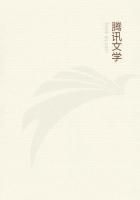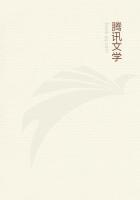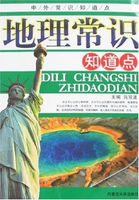Philosophy Defined §35. After concluding that we cannot know the ultimate nature ofthat which is manifested to us, there arise the questions -- What is it thatwe know? In what sense do we know it? And in what consists our highest knowledgeof it? Having repudiated as impossible the Philosophy which professes toformulate Being as distinguished from Appearance, it becomes needful to saywhat Philosophy truly is -- not simply to specify its limits, but to specifyits character within those limits. Given the sphere to which human intelligenceis restricted, and there remains to define that product of human intelligencewhich may still be called Philosophy.
Here, we may fitly avail ourselves of the method followed at the outset-- that of separating from conceptions which are partial1y or mainly erroneous,the element of truth they contain. As in the chapter on "Religion andScience," it was inferred that religious beliefs, wrong as they mayseverally be, nevertheless probably each contain an essential verity, andthat this is most likely common to them all; so in this place it is to beinferred that past and present beliefs respecting the nature of Philosophy,are none of them wholly false, and that that in which they are true is thatin which they agree. We have here, then, to do what was done there -- tocompare all opinions of the same genus; to set aside as more or less discreditingone another those elements in which such opinions differ; to observe whatremains after the discordant components have been cancelled; and to findfor this remaining component that expression which holds true throughoutits divergent forms. §36. Earlier speculations being passed over we see that among theGreeks, before there had arisen any notion of Philosophy in general, thoseparticular forms of it from which the general notion was to arise, were hypothesesrespecting some universal principle which was the essence of all kinds ofbeing. To the question -- "What is that invariable existence of whichthese are variable states?" there were sundry answers -- Water, Air,Fire. A class of suppositions of this all-embracing character having beenpropounded, it became Possible for Pythagoras to conceive of Philosophy inthe abstract, as knowledge the most remote from practical ends; and to defineit as "knowledge of immaterial and eternal things;" "the causeof the material existence of things" being, in his view, Number. Thereafter,was continued a pursuit of Philosophy as some deepest explanation of theUniverse, assumed to be possible, whether actually reached in any case ornot. And in the course of this pursuit, various such interpretations weregiven as that "One is the beginning of all things;" that "theOne is God;" that "the One is Finite;" that "the Oneis Infinite;" that "Intelligence is the governing principle ofthings;" and so on. From all which it is plain that the knowledge supposedto constitute Philosophy, differed from other knowledge in its exhaustivecharacter. After the Sceptics had shaken men's faith in their powers of reachingsuch transcendent knowledge, there grew up a much-restricted conception ofPhilosophy. Under Socrates, and still more under the Stoics, Philosophy becamelittle else than the doctrine of right living. Not indeed that the properruling of conduct, as conceived by sundry of the later Greek thinkers toconstitute the subject-matter of Philosophy, answered to what was popularlyunderstood by the proper ruling of conduct. The injunctions of Zeno werenot of the same class as those which guided men in their daily observances,sacrifices, customs, all having more or less of religious sanction; but theywere principles of action enunciated without reference to times, or persons,or special cases. What, then, was the constant element in these unlike ideasof Philosophy held by the ancients? Clearly this last idea agrees with thefirst, in implying that Philosophy seeks for wide and deep truths, as distinguishedfrom the multitudinous detailed truths which the surfaces of things and actionspresent. By comparing the conceptions of Philosophy that have been currentin modern times, we get a like result.

